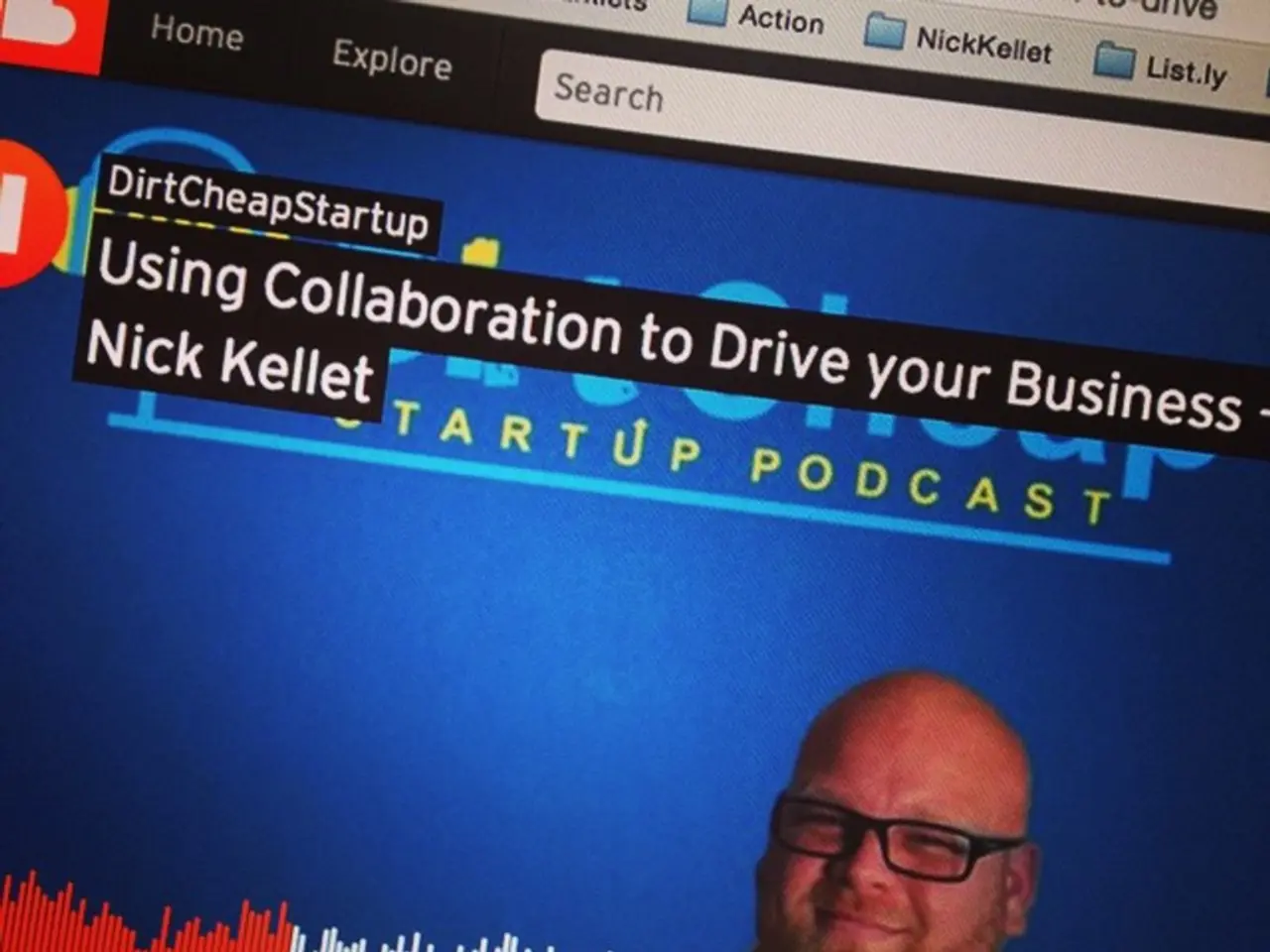User Contentment with Online Experiences
In a world where the digital landscape continues to expand, two groundbreaking studies have shed light on the potential benefits of internet use, particularly among adults and seniors.
Social researcher Licia Bobzien from the University of Potsdam emphasizes that the research on the negative effects of social media use is limited, and it can have positive impacts in certain groups and specific contexts. Her findings, along with those of her colleagues from Potsdam and Munich, were published in the journal "Socius: Sociological Research for a Dynamic World" in 2024.
The study involving around 87,600 participants from 23 countries, including Germany, the US, the UK, China, Mexico, and Brazil, found that adults aged 18 to 74 regularly use digital platforms. The youngest spend more than three hours a day, those aged 45 to 54 spend about an hour, and those aged 65 to 74 spend around 40 minutes.
Meanwhile, a study from Hong Kong led by Qingpeng Zhang from the University of Hong Kong found that internet use among seniors (aged 50 and over) was associated with higher life satisfaction, better self-reported health, and fewer depressive symptoms. The study, published in the journal "Nature Human Behaviour", had an average of six years between surveys.
Older people, according to the Hong Kong study, use their social media time mainly for messenger services like WhatsApp or Telegram, and Facebook, while YouTube was generation-spanning. Younger people, on the other hand, tend to use social media more often for information gathering.
However, both studies only proved a correlation between internet use and the positive effects, not a cause-and-effect relationship. The team from Hong Kong suspects that excessive internet use can harm the mental health of older people by reducing offline activities like exercise, sleep, and social contacts in the real world. Similarly, sociologist Bobzien's study does not determine whether internet use is responsible for the positive effects or if other factors are involved.
Catarina Katzer, a cyberpsychologist, notes that our Stone Age brain may be overwhelmed by the variety and speed of the internet rhythm. We may be emotionally and cognitively lured onto false paths, potentially losing or failing to learn certain skills such as critical thinking or the ability to solve problems ourselves. This problem, she suggests, is even more pronounced in children and teenagers, who may struggle to set boundaries and assess the consequences of their internet use.
Digital platforms, including social media, offer both opportunities and risks, according to Licia Bobzien. While they can provide a means for communication, entertainment, and information, it's crucial to foster a digital consciousness: knowing what's good for us and how much is harmful.
In the Hong Kong study, internet use was defined as sending and receiving emails, online shopping, booking travel, and searching for information. The study did not determine whether internet use is responsible for the positive effects or if other factors are involved.
As we navigate the digital age, these studies serve as a reminder of the complex relationship between internet use and well-being. While the benefits are evident, it's essential to approach the digital world with awareness and caution, especially for our most vulnerable populations.
Read also:
- Nightly sweat episodes linked to GERD: Crucial insights explained
- Antitussives: List of Examples, Functions, Adverse Reactions, and Additional Details
- Asthma Diagnosis: Exploring FeNO Tests and Related Treatments
- Unfortunate Financial Disarray for a Family from California After an Expensive Emergency Room Visit with Their Burned Infant








